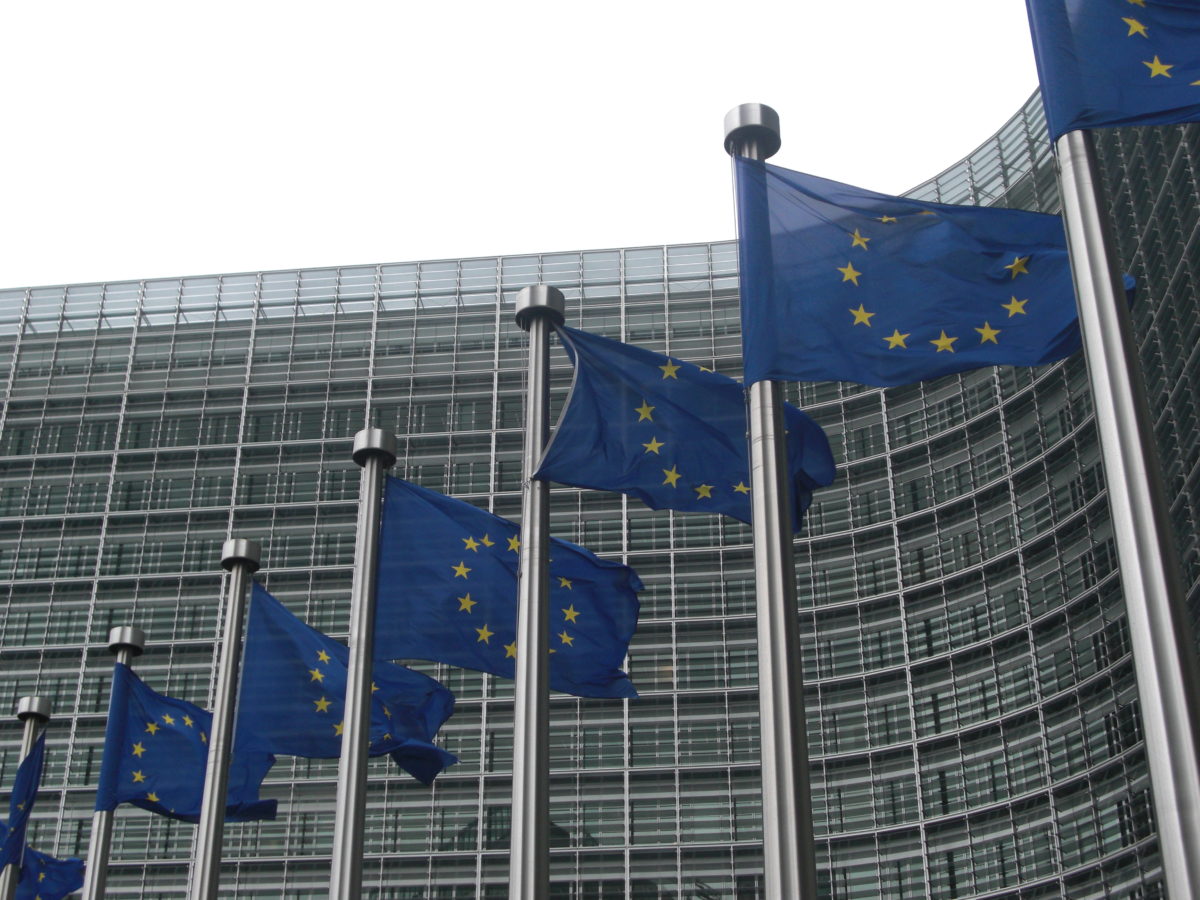The European Commission and the US government have set up a task force to address EU concerns over the recent introduction of the IRA.
“The task force will address specific concerns raised by the EU related to the IRA,” the commission said in a statement in late October. “Both sides agreed on the importance of close coordination to support sustainable and resilient supply chains across the Atlantic, including to build the clean energy economy.”
Valdis Dombrovskis, the executive vice president of the European Commission, said the issue is a major concern for concern for many countries and businesses.
“It would appear that many of the green subsidies provided for in the act may discriminate against EU automotive, renewables, battery and energy-intensive industries,” said Dombrovskis.
According to Bloomberg, Brussels has asked the US government to remove discriminatory production requirements included in the act, as they could lead to “reciprocal or retaliatory measures.” The news outlet also reports that the European Commission is seeking an amicable solution to the matter, although it hasn't excluded the possibility of bring the matter to the World Trade Organization.
The IRA – known technically as H.R. 5376 – Inflation Reduction Act of 2022 – covers a wide range of areas, including energy- related legislation. It increased the Investment Tax Credit for renewable energy projects from 26% to 30% and extended it to all storage projects. It also includes tax credits to manufacture solar panels, inverters, and racking components. In addition, there are more tax credits for electric vehicles, electrical panels, heat pumps, and many other products directly related to the renewables industry.
This content is protected by copyright and may not be reused. If you want to cooperate with us and would like to reuse some of our content, please contact: editors@pv-magazine.com.




3 comments
By submitting this form you agree to pv magazine using your data for the purposes of publishing your comment.
Your personal data will only be disclosed or otherwise transmitted to third parties for the purposes of spam filtering or if this is necessary for technical maintenance of the website. Any other transfer to third parties will not take place unless this is justified on the basis of applicable data protection regulations or if pv magazine is legally obliged to do so.
You may revoke this consent at any time with effect for the future, in which case your personal data will be deleted immediately. Otherwise, your data will be deleted if pv magazine has processed your request or the purpose of data storage is fulfilled.
Further information on data privacy can be found in our Data Protection Policy.